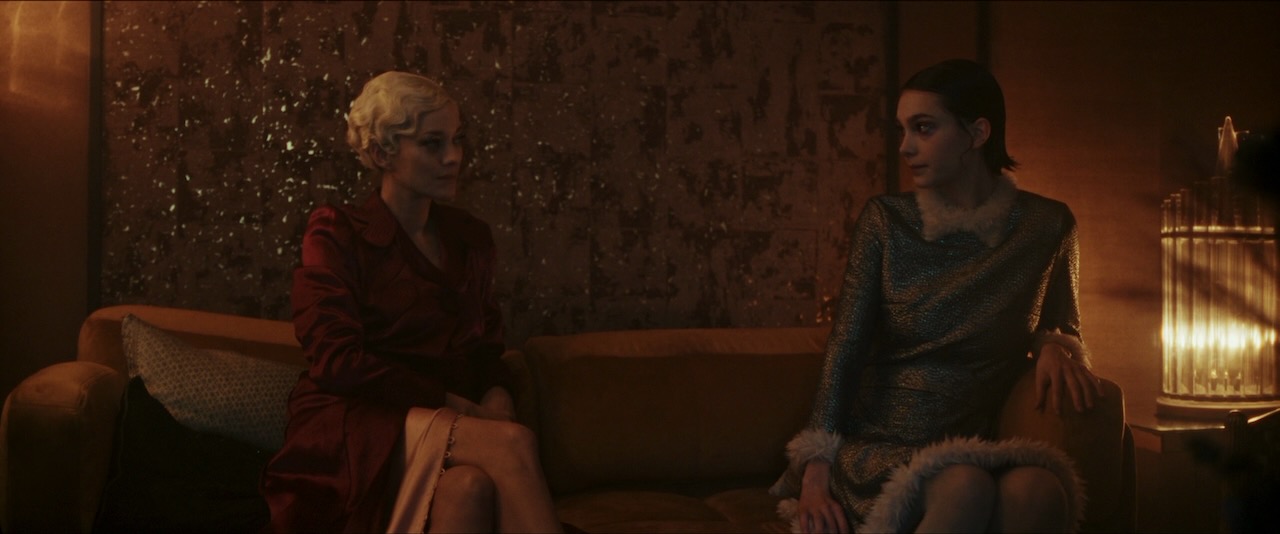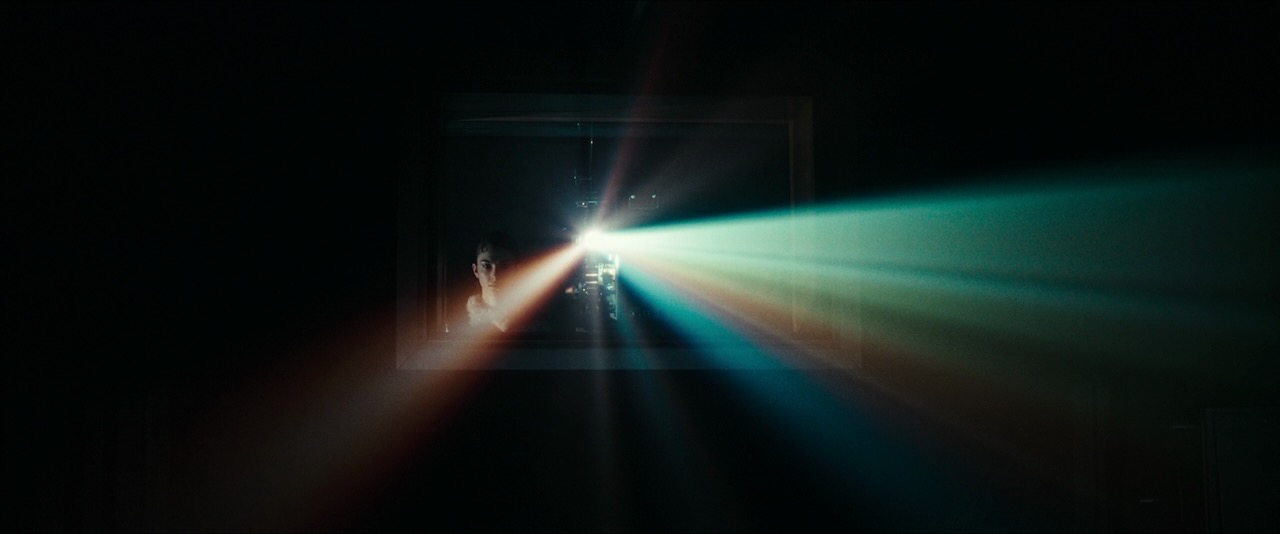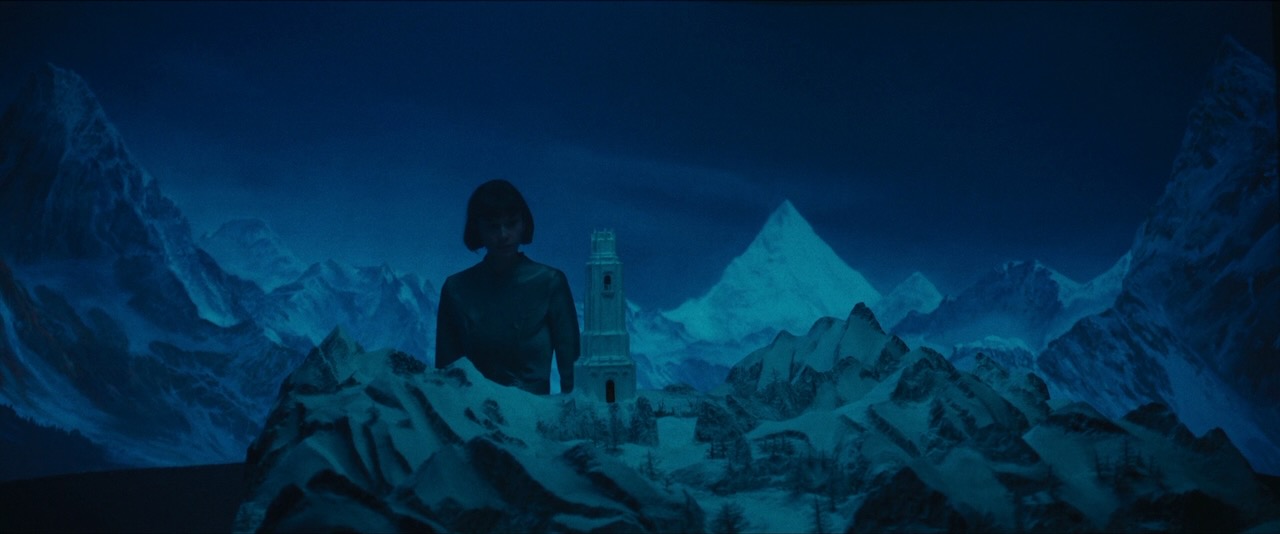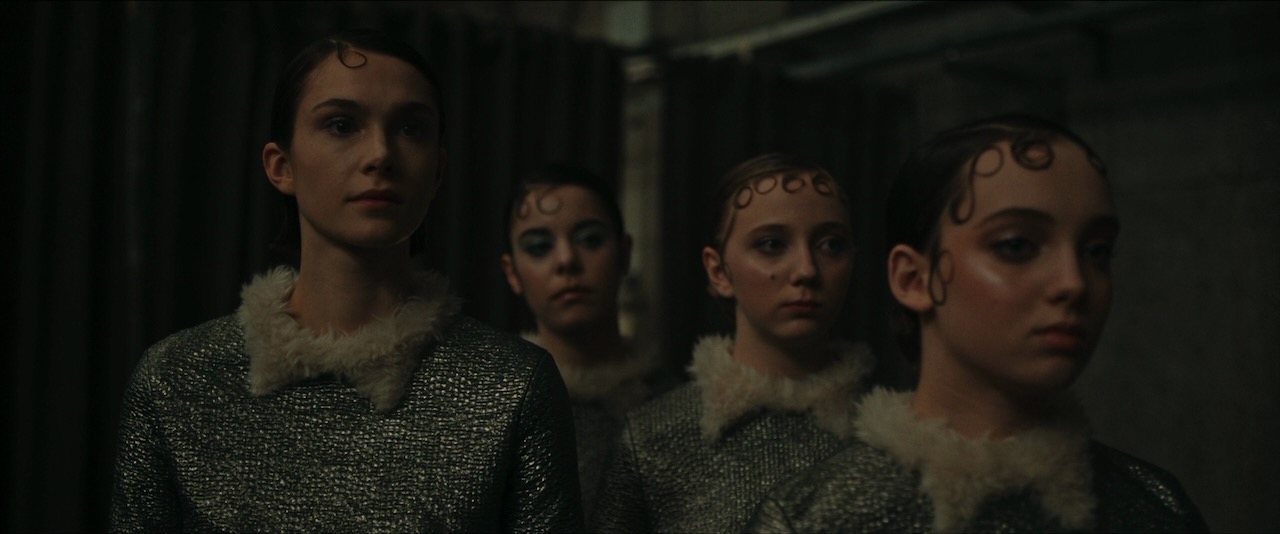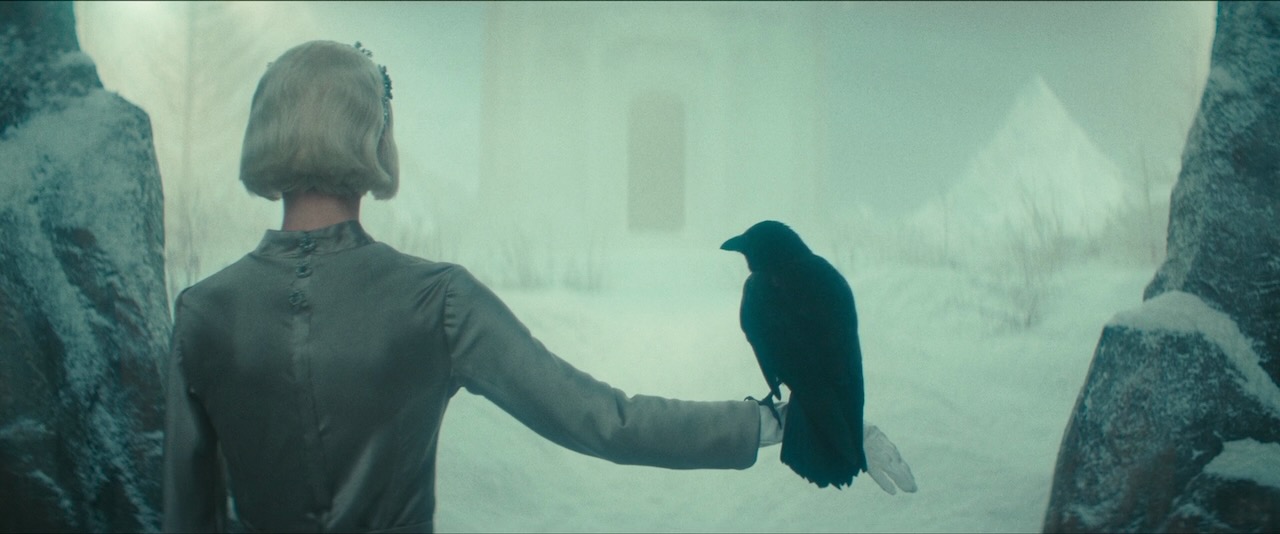Joseph comes to visit his dying father and gets trapped in a hazy somnambulist stuttering time-loop zone. I didn’t like the devil man who destroys bird nests. I guess it’s a Bruno Schulz adaptation, but the story is less important than the Quays using their little puppets to create images nobody has ever seen before.


–
Ancha es Castilla, N’importe Quoi (2014, Sergio Caballero)
Extremely homemade puppetry, as in Sergio is refusing to use any construction materials that weren’t already in the house – if it didn’t say 2014 I’d swear this was a pandemic project. Divided into chapters/episodes, like the Quay (and as hard to follow), but more primitive and absurd.









